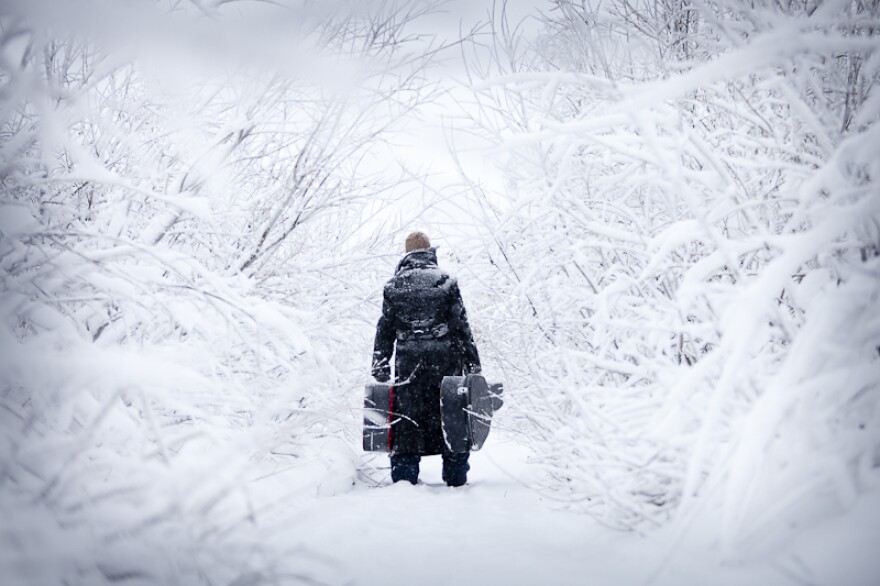Asked to imagine a "medieval city", you probably think of walled fiefdoms, bustling market stalls, maybe a castle, cathedral or dome of a mosque in Europe or the Middle East, not the American plains. On today’s show, we'll learn about the Native American mega city that was bigger than contemporary London and Paris.
Also today, amid a national spike in hate crimes against Muslims and people of color, a New Hampshire high school is bent on prevention. A new program confronts stereotypes by asking refugee students to talk about their lives and cultures.
And U.S. Presidents have the nation's most scrutinized job. But they worked for it. How about their kids? Presidential historian Brady Carlson talks about first children who've used the spotlight to their advantage
Listen to the full show:
The Lost City of Cahokia
If asked to imagine a medieval city, you probably think of Europe or the Middle East - walled fiefdoms, bustling market stalls, maybe a castle, cathedral or dome of a mosque. You won't likely conjure up pyramids on the flood plains of the Mississippi River, though that’s the site of a complex metropolis that was home to as many as 30,000 people in the year 1050 - bigger than contemporary Paris or London. By 1400 the population disappeared. Today, archaeologists don't even know what it was called, but use the nameCahokiaafter the tribe that occupied the city in the 17th when European explorers rolled through town. So what happened?
Annalee Newitzis founder of io9, former editor-in-chief of Gizmodo and tech culture editor for Ars Technica. She joined a team of archaeologists digging to find answers about the lost city.
Teaching Tolerance
Ten years ago, the demographics of New Hampshire and Concord High School were almost identical. Both 93% white. While that number has remained steady for the state, the capitol city’s high school has diversified in a big way. Today, more than 10% of the school’s 1,600 students are - or were - refugees resettled from some 66 countries. Many are of color - the very populations that have been targeted by a spike in hate crimes since the election of Donald Trump.
Senior Rene Ndutiye is among the international students taking part in aninitiative aimed at changing the way they are seen - and understood - by their predominantly white peers. Word of Mouth's Jimmy Guttierez went back to school to find out how it's working.
Listen to this story again and read more here: Teaching Tolerance at Concord High
Presidential Kids
Donald Trump's candidacy, conduct and communication style are historically unprecedented. So, news announcement that his wife Melania will not move directly to the white house after the inauguration but that his daughter Ivanka will have an office there, and that family members may sit in on cabinet meetings was not entirely surprising. And, as it turns out, not unparalleled.
Brady Carlson is Word of Mouth's presidential historian and author of Dead Presidents. He's joining us from Wisconsin Public Radio to talk about presidential kids past.
Oakland Black Cowboy Association Rides Again
For decades, American presidents looked westward for the nation's growth. Teddy Roosevelt developed a reputation as a rough rider - a fitting representative of the rugged, indomitable spirit of those who ventured forth to expand frontier. Julie Caine brings us a lesser-known story of settlers largely left out of history books.
You can listen to this story again at PRX.org.







